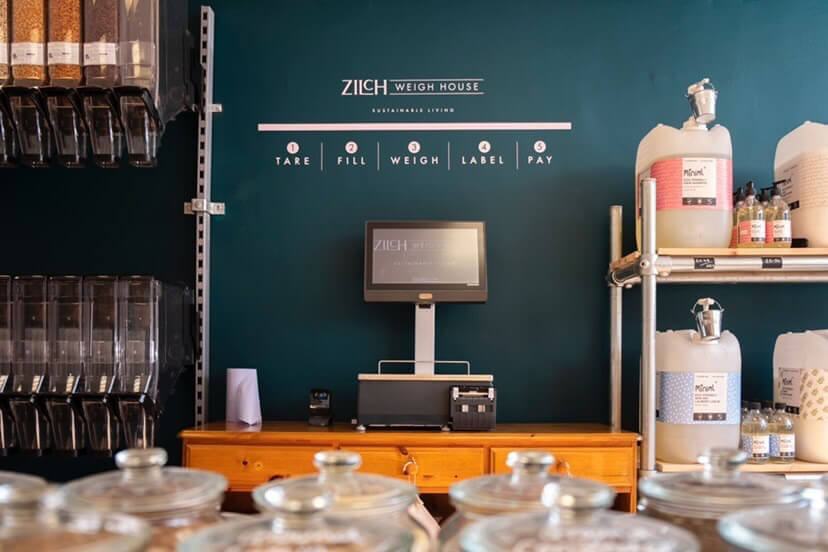The diet industry is worth over two billion pounds alone in the UK, with new crazes popping up all the time. The latest to hit comes in the form of so called super foods. Some come in the shape of everyday kitchen essentials like broccoli and garlic where the others more less known like wheatgrass and maca powder.
These items have got the name super food because they are said to contain a higher than usual amount of antioxidants. To get your head around the term super food, finding out what an antioxidant is will help you understand.
Darren Shaw, a local nutritionist, tells us how these antioxidants help our body: “They are a naturally occurring chemical, that prevent and slow down cell damage.
“There is no scientific research or studies to actually prove that these super foods work, any research done have used such concentrated amounts of these items. Compared to real life, it worked out you would have to eat 28 cloves of garlic a day to show any significant signs of benefit.”
Some claims have gone as far to say broccoli can help prevent cancer and wheatgrass can lower blood glucose and control diabetes.
A survey by YouGov showed 21 per cent of people believe that super food’s alone will help reduce the risk of cancer. But again the lack of scientific evidence none of these claims have been proven.
Darren Shaw, said: “Super food’s can be used in a balanced diet and can give you nutritional value, but there not the magic bullet.”
The Department of Health in England have ran several campaigns in the battle against unhealthy diets, Change4Life is one of the most popular which encourages people to make small but significant changes to their lifestyle.
Nurse, Leanne Binks, believes taking it back to basics is just as beneficial: “Until there has been enough evidence to prove these so called ‘super food’s’ are beneficial, I would suggest a balanced diet, your five fruit and veg a day, drinking plenty of water and exercise. A general healthy lifestyle is just as good as these apparent claims.”
The European Food Safety Authority have banned the use of packaging that states products as super foods, unless there is enough scientific evidence to back the claims. But stores are still thriving off there demand.
Alison Welsh, the manager of specialty food store Grape Tree in Dalton Park, said: “People tend to do a lot of research before they come in and buy the products, they come in with quite a lot of knowledge, probably more than us. But when you get people coming in and saying ‘I’ve been using this and this is what it’s done for me’, its obviously working.”
The everyday items being listed as super foods are incorporated into our everyday diets but what about the items that are a bit more foreign to us so how are we supposed to introduce them into our diets and what are some of their apparent benefits.
Alison Welsh said: “Goji berries are very high in vitamin C, they are versatile you can put them in salads, a lot of people will soak them, drink the juice and put the fruit on the likes of yogurt or porridge. They are an antioxidant and help your immune system.
“Two ounces of wheatgrass is the equivalent of five pounds in weight of organic green vegetables. It can be used to support your circulation, your heart and reduce blood pressure, because its very high in vitamin K.”
A lot of people use the powders in smoothies, mixing a tea spoon of the powder with other healthy seeds, and fruit and veg to give them slow released energy throughout the day.
With demand still high for these type of products even with the evidence they might not be so super after all it shows people will always be on the look out for that next magic powder or position in the fight against weight loss or the hope of a miracle cure.



